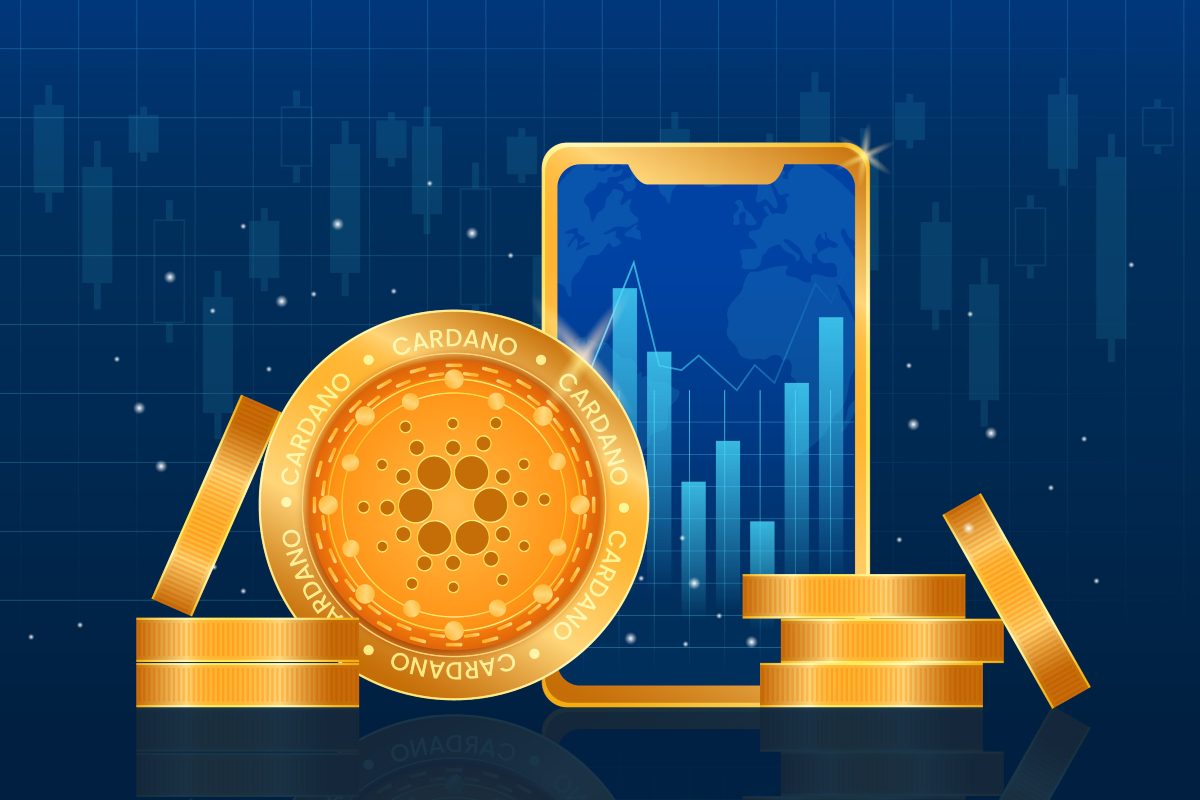The “Plomin Hard Fork.” is coming to Cardano (ADA), one of the most innovative and research-driven blockchain platforms. After the success of Alonzo and Vasil, the impending hard fork will improve Cardano’s scalability, functionality, and user experience. This article will discuss Plan 529, Cardano’s aims, and the Plomin Hard Fork.
Understanding Plan 529
Plan 529 is a strategic roadmap to a successful Plomin Hard Fork and Cardano’s continuing expansion in the competitive blockchain ecosystem. This initiative addresses difficulties and improves the platform through upgrades, improvements, and thorough testing. Plan 529 enhances Cardano’s DeFi ecosystem, smart contracts, and blockchain governance.

Including more robust programming languages and developer tools will make it easier for developers to create and deploy decentralized applications (dApps) on the Cardano network. As more developers join the platform, Cardano’s ecosystem will continue to expand, bringing new use cases to the blockchain.
A Milestone for Cardano
One of Cardano’s most significant updates is the Plomin Hard Fork, which is anticipated to have a major effect on the blockchain’s scalability, transaction speed, and general efficiency. A hard fork is a permanent divergence in the blockchain that can address current network problems or provide new functionalities.
The Plomin Hard Fork’s capacity to lower latency and increase transaction throughput is among its most eagerly awaited characteristics. Cardano has consistently underlined the significance of developing a low-cost and scalable blockchain, and the Plomin update will help achieve these objectives. This update may reduce Cardano users’ transaction fees, increasing the platform’s appeal to decentralized finance (DeFi) companies that need fast, low-cost blockchain solutions.
Enhancing Cardano’s DeFi Ecosystem
Cardano’s decentralized finance (DeFi) ecosystem may benefit from Plan 529 and the Plomin Hard Fork. Cardano wants to lead this market with more efficient and scalable blockchain solutions as DeFi grows globally. DeFi requires low transaction fees and fast throughput, which Cardano hopes to accomplish with its technical enhancements. The Plomin Hard Fork will speed up and lower the cost of Cardano transactions, making it appealing to DeFi protocols, DEXs, and other blockchain-based financial services.
Plomin implementation will expand DeFi application options as Plan 529 proceeds, attracting innovators and institutional investors to the expanding sector. The Plomin Hard Fork will improve Cardano’s DeFi ecosystem’s scalability, transaction speed, and interoperability. With better smart contract capability, Cardano will be a more efficient and adaptable dApp platform. These upgrades will make Cardano a good alternative for DeFi initiatives due to faster, cheaper transactions.
Interoperability and Multi-Chain Compatibility
Plan 529’s focus on Cardano blockchain network interoperability is key. Blockchain interoperability is crucial as cryptocurrencies diversify. Cardano intends to connect to Ethereum and Polkadot for easy asset and data transfers. The Plomin Hard Fork will improve Cardano’s connection with other blockchain platforms in the multi-chain ecosystem. Interoperability will help Cardano extend its user base and enable cross-chain applications, making DeFi and enterprise solutions possible.
With the Plomin Hard Fork, Cardano’s growth depends on interoperability and multi-chain compatibility. Cardano seeks to reduce blockchain ecosystem isolation by enhancing communication with other blockchains. This lets Cardano dApps interact with other platforms, expanding use cases and adoption. Multi-chain compatibility lets blockchain networks share value and liquidity.
Plomin Hard Fork
As the platform improves scalability and functionality, its native token, ADA, will become more popular. Institutional investors who seek reliable and scalable blockchain platforms may increase their Cardano shares as the network improves. As the blockchain market grows and additional solutions become accessible, Cardano’s strategic direction will place it among the leading blockchain platforms like Ethereum, Solana, and others.
Plan 529 and the Plomin Hard Fork could impact ADA and cryptocurrency. Developers and institutional investors become more interested in Cardano as its scalability, transaction speed, and smart contract features increase. The Plomin Hard Fork enhanced blockchain interoperability and decentralized finance (DeFi), which may raise ADA demand.
Also Read: Ripple Transfers 90 Million XRP Market Implications
Conclusion
Plan 529 is a detailed approach to helping Cardano succeed in the blockchain space. The Plomin Hard Fork is a major step toward Cardano’s blockchain dominance. Cardano is poised for growth with its focus on scalability, DeFi, and interoperability. Once Plan 529 is implemented, Cardano will gain developers, institutional investors, and users, making it a major blockchain ecosystem player. Cardano’s future seems bright with technology advancements and user experience.



